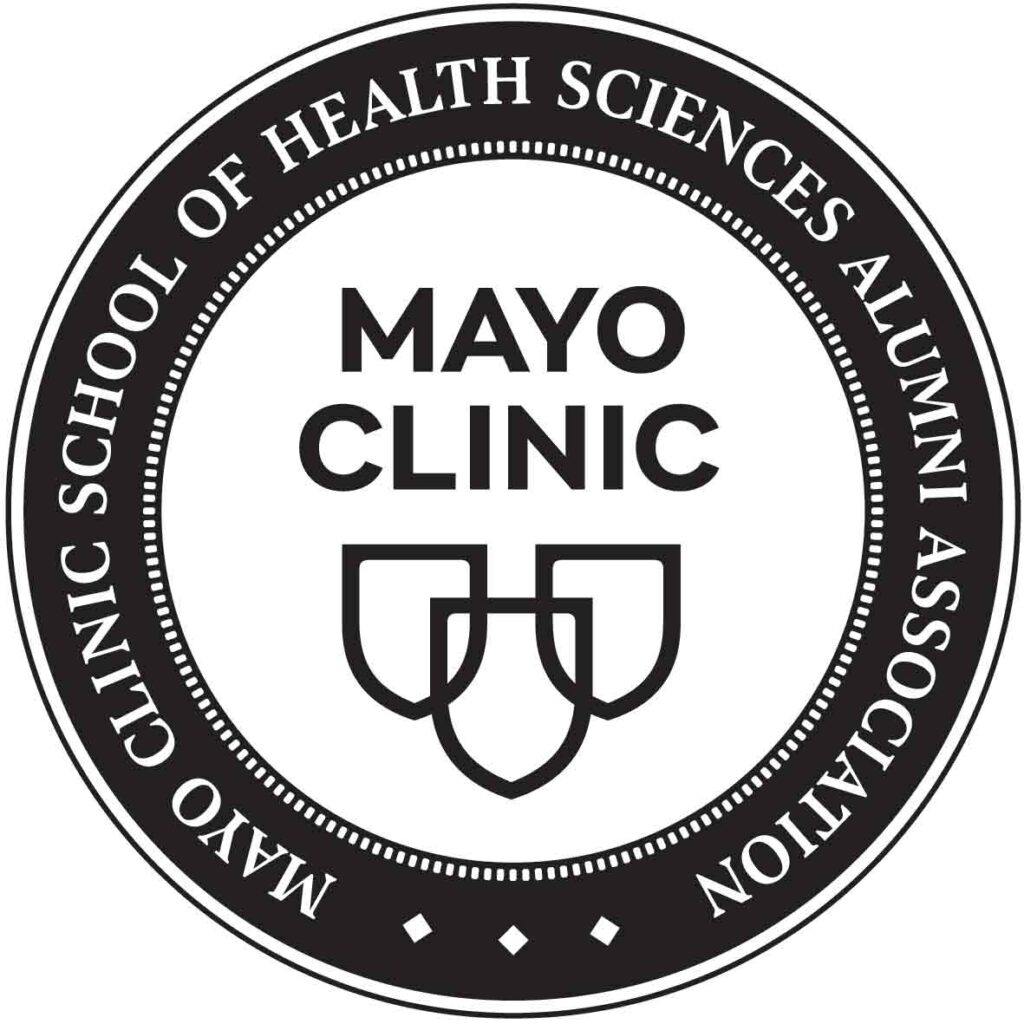Your cart is currently empty!
New associate dean Stacey Rizza, M.D.
A few years ago, Stacey Rizza, M.D., helped develop online education programs that allow doctors and nurses throughout the U.S. and developing countries to stay up to date on best practices for the care of patients with HIV, tuberculosis and hepatitis C. The experience gave her a new appreciation for the power of education.
“I loved that I could impact not just one patient, but hundreds and thousands of doctors all over the world, who could then impact thousands of patients,” says Dr. Rizza, an infectious disease specialist.
That experience helped shift the focus of Dr. Rizza’s career from her first love, basic science, to education. She began to look for ways to contribute to Mayo’s Education shield.
She taught graduate students within Mayo Graduate School’s Virology and Gene Therapy Program, organized educational initiatives as the associate director of the Mayo Clinic Center for Tuberculosis and worked with residents and fellows within the Department of Internal Medicine and Division of Infectious Diseases.
In addition, she was named co-director of the Mayo Clinic Global HIV Education Initiative and chair of the Mayo HIV Clinic, a role that sparked her interest in MSHS.
“In the HIV Clinic, we truly have a multidisciplinary approach,” she says. “We see patients individually. Then we discuss each patient as a care team to make sure we’re covering each patient’s needs.” The team includes the patient’s nurses and a case manager, as well as social workers, pharmacists and clinical assistants.
“It would be impossible for a physician to do this alone,” she says. “MSHS plays an important role in preparing the team our patients need.” In 2014, Dr. Rizza was named MSHS associate dean for student and faculty affairs.
Dr. Rizza’s new role will enable her to become even more deeply involved with education efforts. She says one of her first areas of focus will be working to ensure MSHS is a diverse and accepting place.
“We want a broad and diverse student body, and a school that is welcoming for all students and faculty,” she says. “We’re assessing where we are now in terms of diversity in all areas. Then, we’ll develop new programs to make improvements where we need to.”
Dr. Rizza says a focus on diversity is important not only for those who study and work at Mayo Clinic, but also for patients, too.
“Having a diverse student body will hopefully translate into more diverse employees,” says Dr. Rizza. “Our patients come to us from all over, with a variety of backgrounds and experiences. We want a workforce that reflects our patients.”
Dr. Rizza also plans to focus on improving learning for students and faculty. “Instead of just offering lecture-based courses, MSHS is beginning to offer courses that blend an online component with face-to-face time.”
In the future, education may be provided in even more ways, such as through online modules, webinars or YouTube videos. “We’ll be working to figure out how to create programs that best serve our students and faculty,” says Dr. Rizza.

